Regarding the fact that carbon credits cannot be sold abroad in the draft project on Establishing and Developing the Vietnamese Carbon Market, the Ministry of Agriculture and Rural Development proposed that the Ministry of Finance make amendments because the transfer agreements are bringing in large financial resources.
In the official dispatch responding to the Ministry of Finance on the completion of the Project on Establishment and Development of Carbon Market in Vietnam, the Ministry of Agriculture and Rural Development proposed to edit and complete the content "During the pilot implementation phase of the carbon market from 2025-2028, carbon credits have not been sold abroad, and there are no regulations on activities of connecting and exchanging domestic carbon credits with regional and world carbon markets, except for some cases of exchanging and transferring carbon credits according to international treaties and international agreements at the Government level to ensure the implementation of national emission reduction targets and commitments according to NDC".
The reason why the Ministry of Agriculture and Rural Development proposed to amend the above content is because on May 2, 2024, the Prime Minister issued a Directive on strengthening carbon credit management to implement NDC.
It clearly states that the ministries of Industry and Trade, Transport, Construction, Agriculture and Rural Development, and Natural Resources and Environment are responsible for "presiding over and coordinating with relevant agencies to advise competent authorities on the organization of negotiations, signing, and implementation of agreements or contracts with international partners on carbon credit transfer and greenhouse gas emission reduction results in areas under their management, ensuring the implementation of emission reduction targets according to the NDC".
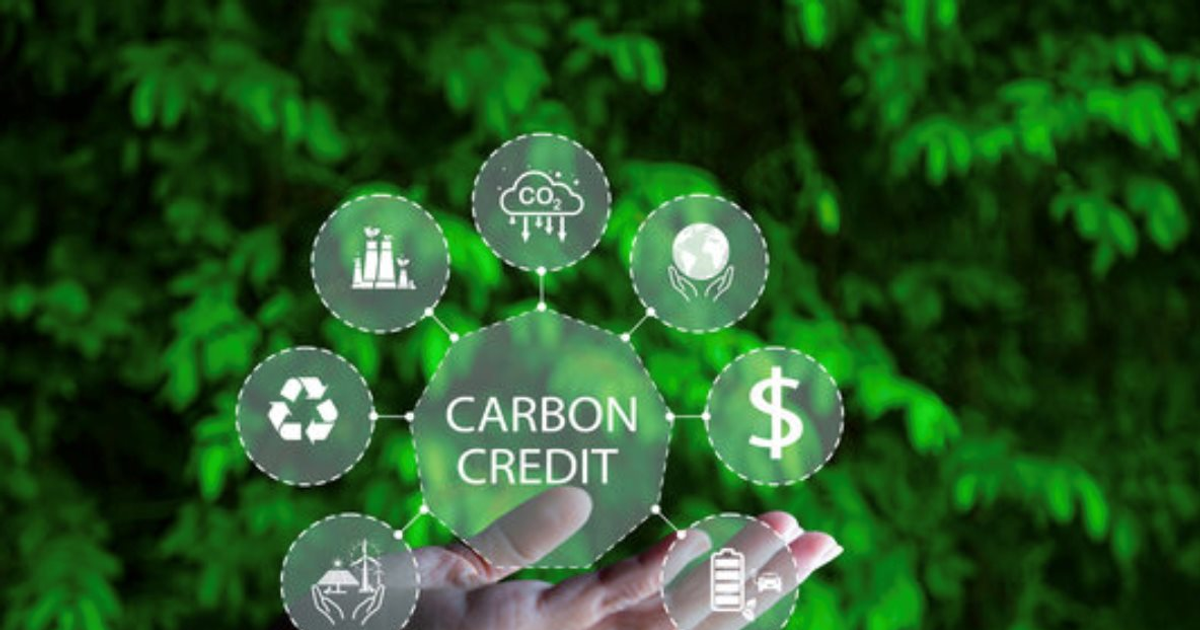
In addition, the Ministry of Agriculture and Rural Development is assigned to preside over and coordinate with the Ministry of Natural Resources and Environment and localities with forests to identify the potential for emission reduction and carbon sequestration from forests to contribute to the implementation of the NDC target. This will serve as a basis for forest carbon credit exchange activities with international partners. At the same time, the Ministry of Agriculture and Rural Development will develop a pilot policy and a carbon credit payment mechanism based on results for high-quality and low-emission rice cultivation areas.
Currently, the Ministry of Agriculture and Rural Development is taking the lead in developing and implementing a number of Emission Reduction and Carbon Credit Payment/Transfer Agreements (ERPA) with the World Bank and the Alliance for Emission Reduction through Enhanced Forestry Finance (LEAF/Emergent) for the forestry sector; the Transition Carbon Asset Fund (TCAF) supports the implementation of the Project on Sustainable Development of 1 million hectares of high-quality and low-emission rice cultivation associated with green growth in the Mekong Delta.
In addition, the Ministry of Agriculture and Rural Development will continue to research, develop and implement international programs and agreements to mobilize financial resources for this sector.
According to the Ministry of Agriculture and Rural Development, when implementing the programs and agreements, sustainable and additional financial resources will be mobilized to reinvest in forest protection and development, improving the livelihoods of local communities and rice farmers.
Specifically, the implementation of ERPA in the North Central region has raised 51.5 million USD, contributing to the management and protection of 2.2 million hectares of natural forests; the implementation of the LEAF/Emergent Agreement for the Central Highlands and South Central regions is expected to raise at least 51.5 million USD, estimated to protect 3.2 million hectares of forests.
Or as for the Agreement with TCAF, phase 1 is expected to be paid 18 million USD and ensure to retain all emission reductions for Vietnam's NDC contribution; phase 2 under the carbon credit transfer mechanism (MOPA) is expected to pay about 22 million USD.
Accordingly, this support source will facilitate training in sustainable rice cultivation methods and emission reduction. Importantly, the 1 million hectare rice project helps reduce 20% of rice production costs and increase income for households. Currently, the Ministry has agreed with TCAF to focus on developing project documents for the ERPA mechanism and will only consider MOPA when permitted by the Government.
In terms of environment, implementing the above programs and agreements in the forestry sector will contribute to protecting, maintaining and improving forest quality, mitigating the impacts of climate change...; contributing to fulfilling Vietnam's commitments in implementing the Paris Agreement and NDC.
Rice production will contribute to reducing greenhouse gas emissions, changing production practices, reducing input costs, and enhancing straw management...
The Ministry of Agriculture and Rural Development considers and selects the option of transferring and exchanging emission reduction results/carbon credits according to ERPAs, in principle, they will still be retained for Vietnam to implement its NDC commitments. During the process of negotiating, signing and implementing ERPAs, the Ministry will always coordinate closely with relevant ministries and branches to ensure that national interests are not affected.
“Thus, the development and implementation of programs and agreements of the agricultural sector basically comply with regulations, based on the principle of ensuring national interests, ensuring the implementation of emission reduction commitments according to the NDC, and not affecting security and social order,” affirmed the Ministry of Agriculture and Rural Development.
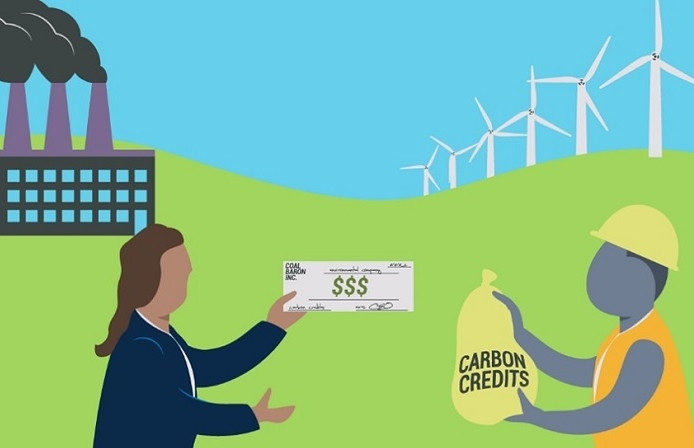
Source: https://vietnamnet.vn/chua-duoc-ban-tin-chi-carbon-ra-nuoc-ngoai-bo-nong-nghiep-noi-gi-2332434.html


![[Photo] President Luong Cuong attends the National Ceremony to honor Uncle Ho's Good Children](https://vphoto.vietnam.vn/thumb/1200x675/vietnam/resource/IMAGE/2025/5/15/9defa1e6e3e743f59a79f667b0b6b3db)
![[Photo] Prime Minister Pham Minh Chinh receives Country Director of the World Bank Regional Office for Vietnam, Laos, Cambodia](https://vphoto.vietnam.vn/thumb/1200x675/vietnam/resource/IMAGE/2025/5/15/2c7898852fa74a67a7d39e601e287d48)


![[Photo] In May, lotus flowers bloom in President Ho Chi Minh's hometown](https://vphoto.vietnam.vn/thumb/1200x675/vietnam/resource/IMAGE/2025/5/15/aed19c8fa5ef410ea0099d9ecf34d2ad)

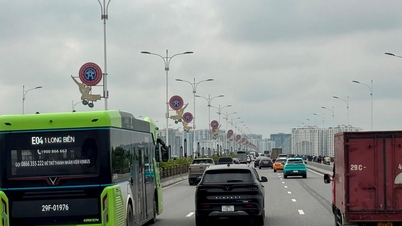

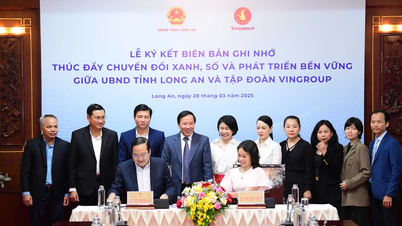



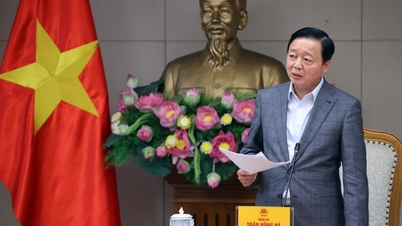




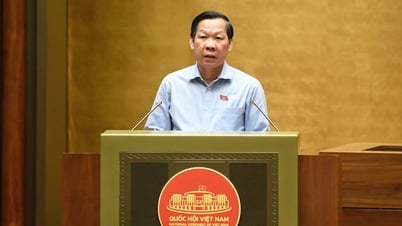





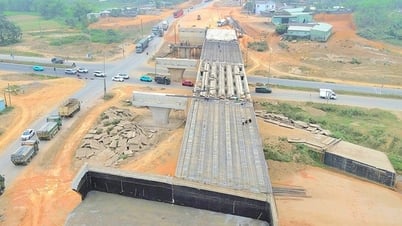
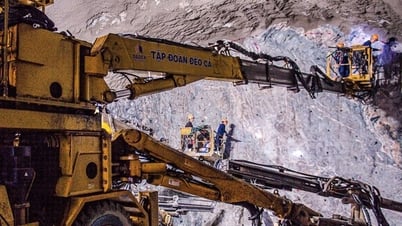


















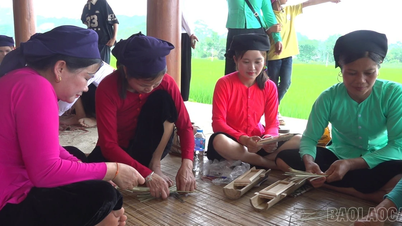

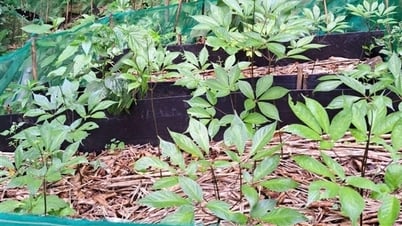
























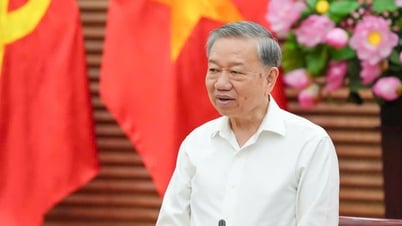

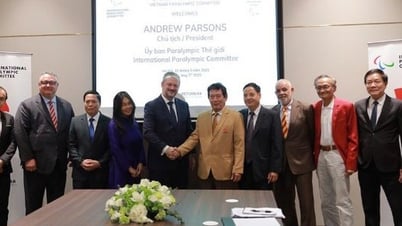
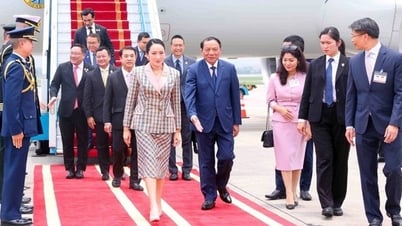

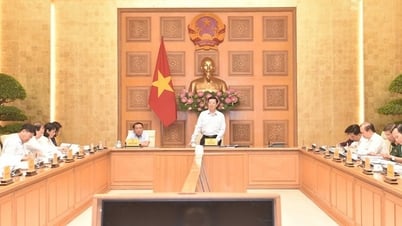








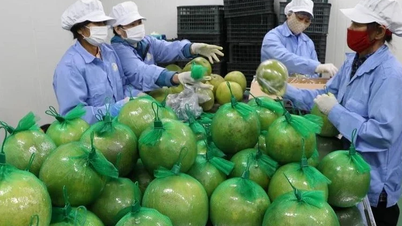

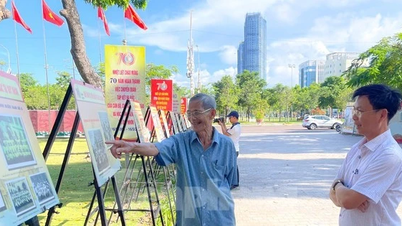











Comment (0)